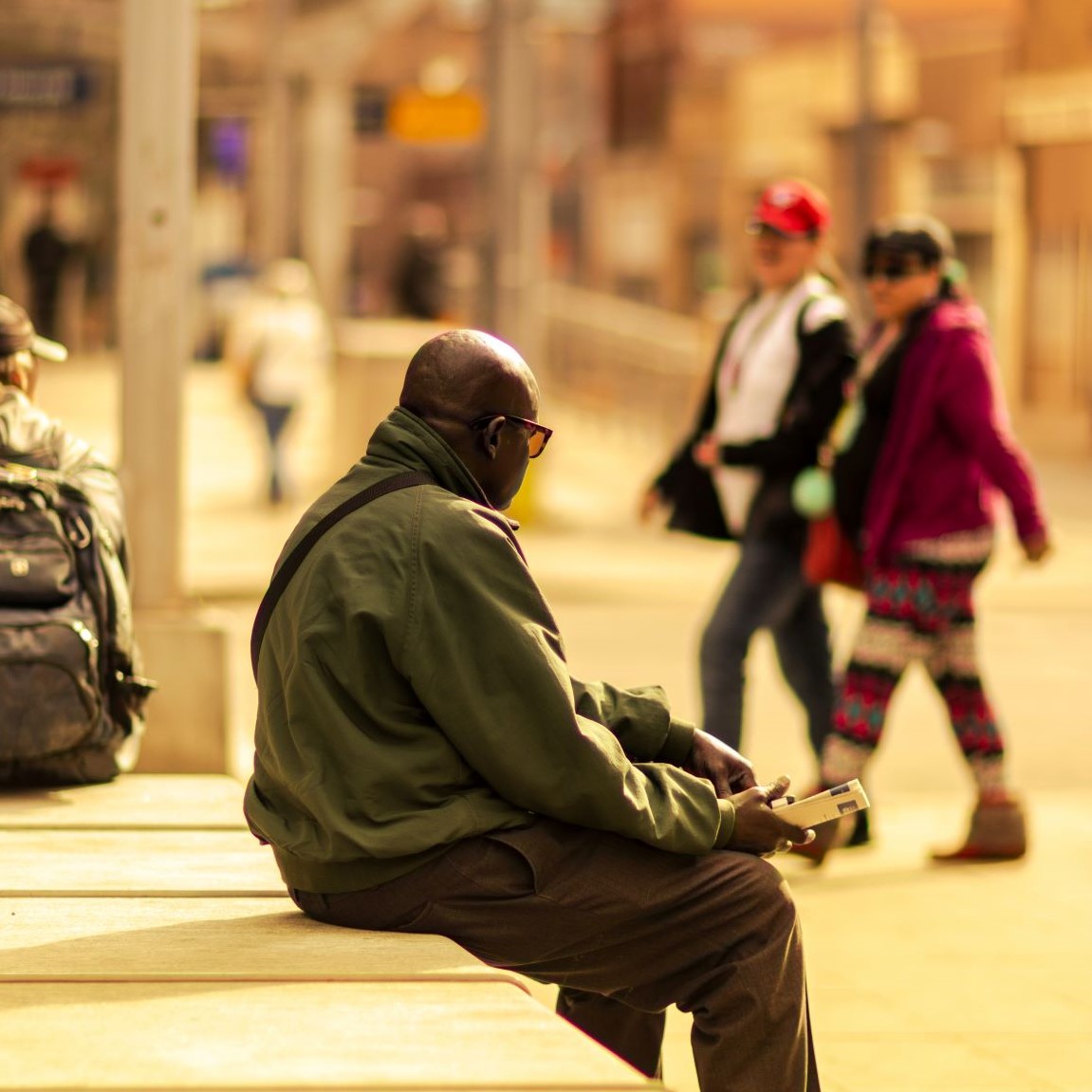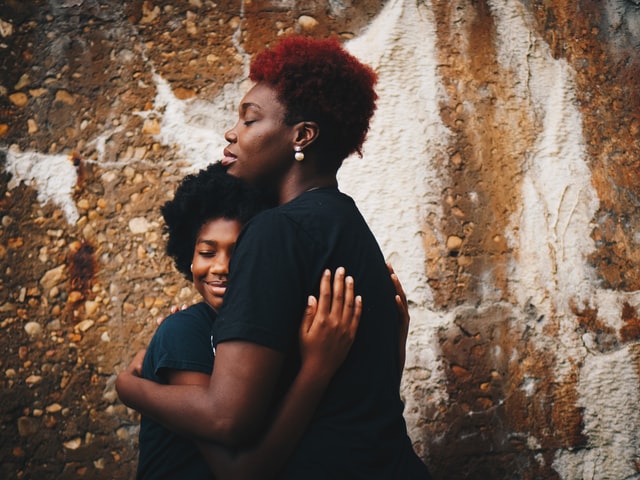Grieving is hard and 2020 has brought us many losses. With the holiday season, grief can become even more intense because holidays are usually spent with loved ones. While many of us may be grieving the loss of the normalcy of life as we knew it, those who have lost loved ones from the Coronavirus and other causes are also grieving the loss of a life. That’s tough! And there is nothing I can say to take the pain away. Grief is one of those things that you have to go through to get to the other side. Even then, life after losing a loved one is not the same no matter how long it has been. People can comfort you along the way and help you get through it, but the pain comes and goes, and it cannot be solved in a flash. This is one of the frustrating aspects of grieving, the fact that we can’t make the pain stop quick enough. Another difficult aspect is that it is hard to know what to do when you are grieving. Your boss may tell you to take some time off work, you might take time off school, but then what do you do? You know you need the time off because you can’t focus anyway, but it is difficult to sit and feel the pain.
There are many reminders of the person that has passed. Then, there are the preparations for the funeral and what to do with their belongings left behind. There are decisions to be made and all the while you are grieving the life lost. That’s tough! It can be really tempting to avoid it all by keeping yourself busy, taking on more work and not giving yourself space or time to feel anything.
Common reactions during grief
Each person’s grieving process is different, and the process is not linear. It comes in waves; you can feel like you are going through an “emotional roller coaster.” One moment you feel good and even at peace, another moment you feel deep sadness, anger, pain, regret, emptiness, or helplessness. You’re not sure when you’ll have the next bout of crying. Your sleep may be disrupted, you may lose your appetite, feel fatigued or low in energy, and lack motivation. You may have dreams or images of your loved one and you might even think you see or hear them. Confusion and disbelief are common. You might question God, you might question the meaning of life, you may wonder about life after death and if your deceased can see you. So much turmoil goes on internally and nobody else can see your insides, hence it can feel very lonely. One of the most difficult things about grieving during this pandemic is the further isolation of having to quarantine.
What do you need during grief?
Regardless of where you are in your grieving process, here are a few things that can alleviate some of the pain of grief (adapted from here).
- Relaxation and rest – Grieving can be exhausting. You will need some restoration. Take some time off work or school. Remember your basic needs, food, relationship, exercise, sleep, and prayer (FRESP). Do more things that are rejuvenating.
- Safety – Minimize your stressors, surround yourself with people that you trust, and try to build some type of routine that can enable you to have some stability. It is okay to do things at your own pace.
- Hope – Many of us find hope from other people who have been through similar situations. We see what has helped them and it makes us know that we can overcome as well. Recognize that you are not alone. Talking with others who have lost loved ones can give you hope. Look for other things that give you hope.
- Caring – This may be a time when people reach out to express condolences. Accept the care from others even though many people might not know what to say. If you have passed that stage, allow others to care for you anyways.
- Goals – Setting small goals can give you something to look forward to. It also helps you get through that question of “what do you do while grieving?” Some small goals could include, “clean out deceased person’s bedroom dresser today.” Just one thing today. Take it one day at a time. This may initially be hard, but will get easier and you can increase the difficulty of your goals.
- Small pleasures – As much as you need small goals, you will also need small things that make you happy. Something as small as going outside on a sunny day or watching a good movie can have a huge effect.
- Time – You are going to need time. It takes months and years to go through different emotions that come with loss. Give yourself permission not to rush your process.
- Good memories – While there may be mixed emotions from the loss, which can depend on your relationship with the person who passed, it is helpful to remember the good times you spent together. Hold on to the good memories and share them with others.
For more resources on coping with grief and loss, view this website. For more on coping with the holidays, check out my posts here.




2 Responses
Yes!! Good memories and good things done